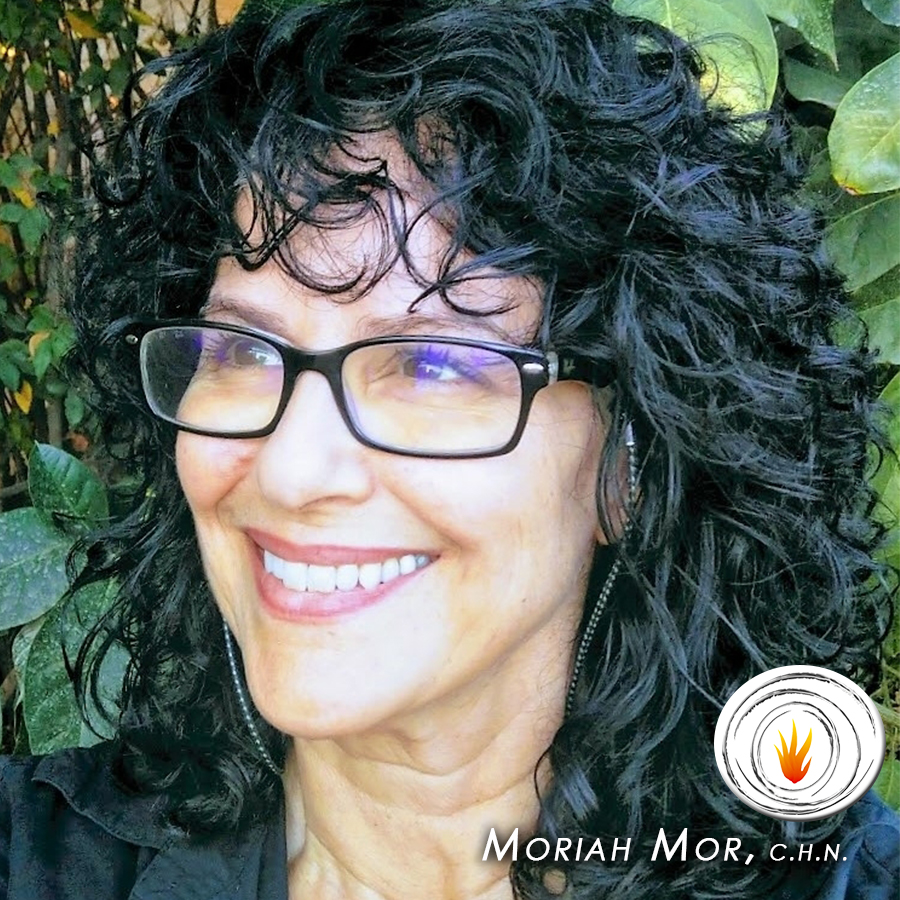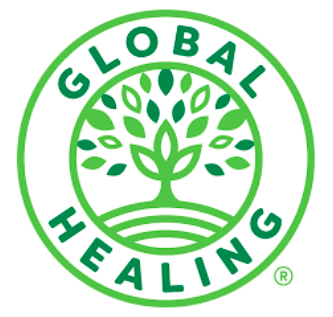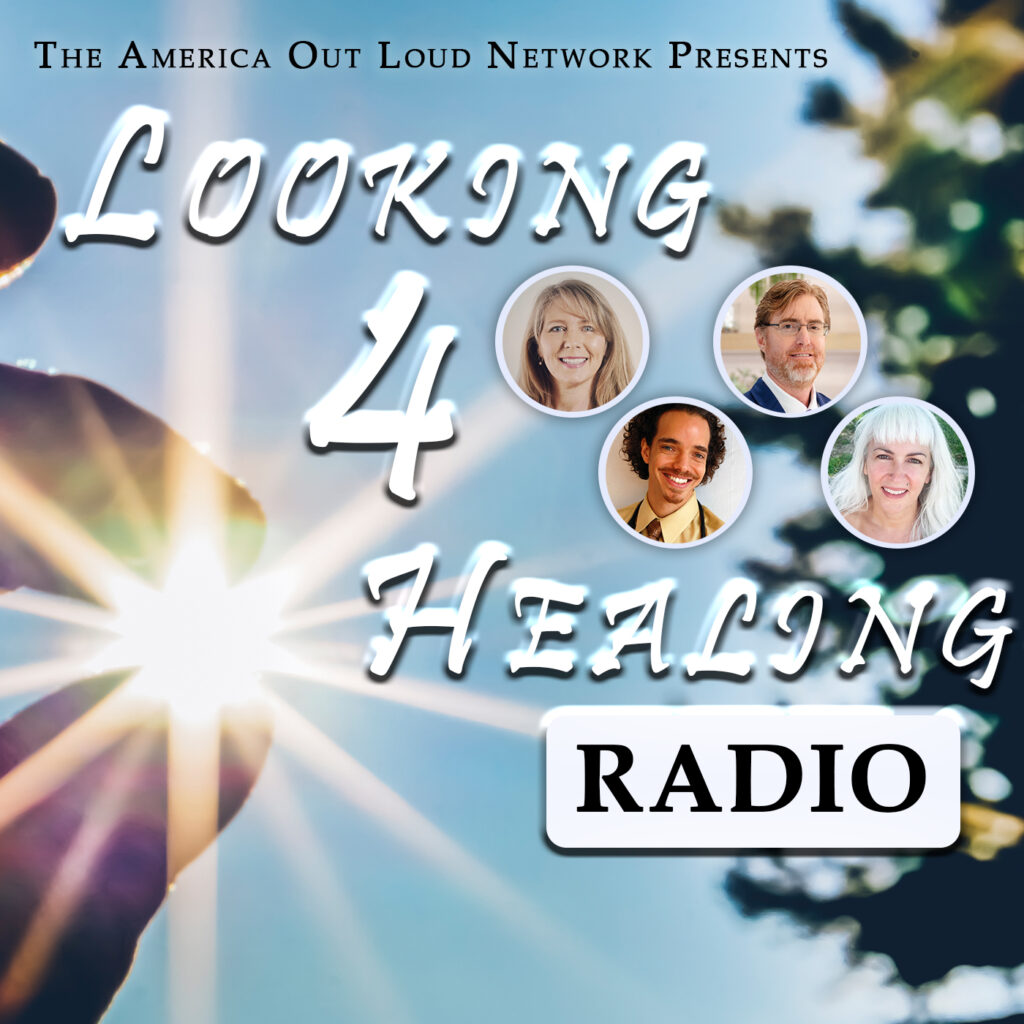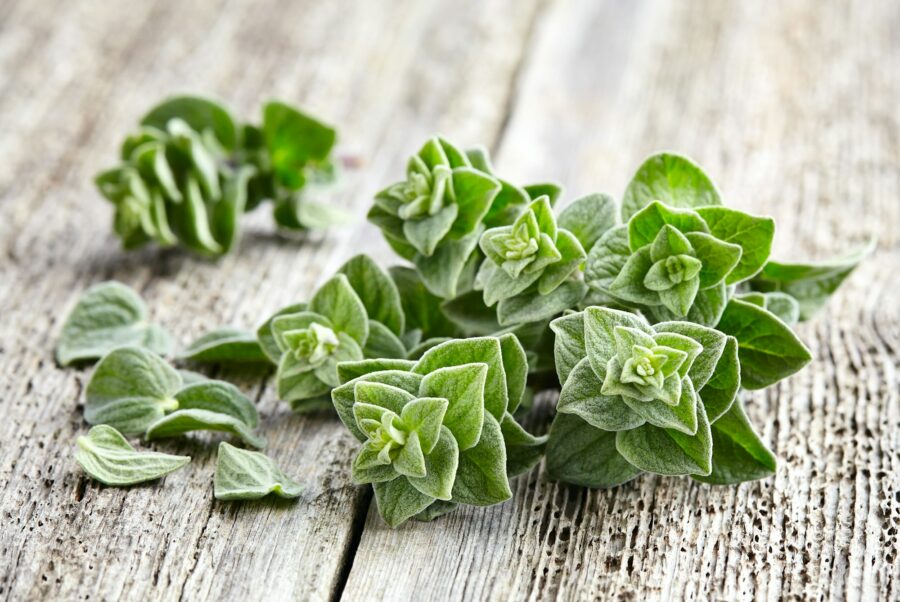Archaea And The Human Gut
The Microbiome You Haven’t Heard About
ARTICLE IN A NUTSHELL
1. Archaea is a microbiome that is essential to life; it is not a bacteria, virus, or fungi, and it is revolutionizing the role microbes play in the human body.
2. Although archaea make up just 1.2% of the gut microbiome, they have a crucial role in regulating many of the body’s functions and keeping your gut healthy.
3. Take steps today to improve your gut microbiome and overall well-being.
"An unhealthy gut microbiome has also been linked to allergies, autoimmune disease, chronic inflammatory conditions, hormone disorders, and dysfunction in cellular communication."
INTRO
The human body has trillions of microorganisms that assist us to sustain life. However, have you heard of archaea, the microbiome first discovered in 1977? In biology, archaea, bacteria, and eukaryotes are considered the three domains of life. Although archaea were first viewed as a microbiome present only in extreme environmental ecosystems, scientists have found they also exist in the human body and are considered a major player in gut health. (1)
Collectively called the gut microbiome, these mighty little beings co-exist in our body and are responsible for metabolism, physiology, nutrient breakdown/absorption, and immune function. (2)(3)
During the last few decades, scientists have revolutionized their understanding of the gut microbiome’s vital role in human health and well-being. Their complex relationship with the human body is extended to what is known as the gut-brain axis – the network of nerves, neurons, and neurotransmitters that run through our gastrointestinal system. In fact, our digestive system contains twice as many neurons as our brain. This is why the gut is considered the “little” brain, which explains why gut health is now linked to emotional and mental health. (4)
This article introduces you to the unique single-celled organism called archaea. Out of a collection of more than 1,000 unique archaeal genomes found to date, we will focus on the Methanobrevibacter smithii, the most common archaea microbes living in our guts. (5)
Get Your FREE eBook!
Do You Eat Healthy? Sign up to get our FREE eBook & find out:
Energetic Health Chapter 5: The Art of Eating Healthy
Includes SIXTEEN ways to help you eat your way to Health & Freedom!

ROLE OF ARCHAEA
The human microbiome includes bacteria, fungi, viruses, and archaea. The archaea make up approximately 1.2% of the gut microbiome. Until recently, they have been perceived as a minor group of organisms as opposed to their more researched counterpart, the bacteria. (6)
Prior to its discovery in the human body, archaea were only known to exist in extreme environments such as hot springs, marshlands, and deep-sea hydrothermal locations.
Out of thousands of identified archaeal genomes, Methanobrevibacter smithii (M. smithii) is the most abundant methanogen in the human gut. A methanogen is a microorganism in the human digestive tract that plays a major role in promoting digestion. With that in mind, there are branches of archaeal genomes that are also found in the skin, respiratory tract, vaginal, and oral systems of the body. (7)
WHAT DOES M. SMITTHI DO IN THE GUT?
To date, researchers agree that there is no clear-cut distinction between looking at M. smithii or archaea methanogens as good versus bad. It is all about balance, and every individual is different.
Let’s break it down on a more simplified note…
Basically, M. smithii produces methane during the breakdown of food. For example, when we eat starchy foods like bread or potatoes, our gut microbiomes get to work digesting it. This, in turn, creates hydrogen and carbon dioxide gas. Part of that hydrogen is gobbled up by M. smithii, which then produces methane. The methane is then eliminated either by exhaling, through pooping, or it’s absorbed into the bloodstream. (8)
Although methanogens have not been identified as a cause of gut diseases, research has identified a strong association between higher concentrations of this methane-producer and health conditions such as inflammatory bowel disease, oral periodontal disease, type 2 diabetes, cancer, and chronic constipation. The overpopulation of M. smithii and other archaea genomes has been shown to slow the intestinal transit time by over 59%, leading to the bioaccumulation of toxins that ferment in the colon, creating an overproduction of methane gases in the gut. (9)(10)(11)
"My experience at EHI has been amazing! I have learned so much
not only about holistic nutrition but about myself.
I'm thankful for the opportunity to be a part of this great school."
GUT HEALTH AND YOUR IMMUNE SYSTEM?
We have come to understand that gut health is imperative to well-being. Have you heard of gut “dysbiosis”? This is a term that implies an unbalanced, unhealthy gut microbiome. The gut has both good and bad bacteria… the more good bacteria in the gut, the healthier your immune system will be.
Taking it a step further, approximately 75% of your immune system surrounds the gut. When the gut microbiome is not in balance, immune deficiency, known as systemic inflammation, including metabolic/digestive disorders, immune disorders, neurological conditions, and cancer, can occur. (12)(13)(14)(15)(16)
In fact, an unhealthy gut microbiome has also been linked to allergies, autoimmune disease, chronic inflammatory conditions, hormone disorders, and dysfunction in cellular communication. (17)(18)(19)
Do you want to learn what steps you can take to support the millions of little defense squads running through your gut and body so your immune system can better handle the waste, pathogens, toxins, and heavy metals that damage it? Let’s continue to the next section…

"Rooted in Nature. Backed by Science"
Experience Natural Doctor-Approved Nutrients!
HOW ENZYMES SUPPORT GOOD GUT MICROBIOME BALANCE
Digestive enzymes and food enzymes speed up the digestive process so that there is less waste accumulated in the gut. This, in turn, creates a more balanced microbiome environment and a balanced methanogen process… less gas, bloating, etc.
However, many individuals have difficulty digesting certain foods due to their body’s inability to produce enough enzymes to break down food for optimal nutrient absorption and utilization.
Not breaking down certain foods can cause uncomfortable symptoms, but most importantly, it can lead to digestive disorders like leaky gut syndrome.
6 Signs & Symptoms Indicating You May Need Digestive Enzymes
Fatigue, Bloating, Gassiness, Cramping after meals, Unexplained weight loss or weight gain, Unusual stools, constipation, diarrhea (smelly, yellow), and Difficulty concentrating / Brain Fog
Incorporating organic fresh fruits and vegetables, lean proteins, fermented foods, and whole grains can naturally support the body’s enzyme production, aiding digestion. However, keep in mind that cooking temperatures above 118 °F (40 °C) begin to destroy naturally occurring enzymes in whole foods. (20)(21)
Here is a sample of whole foods that contain natural digestive enzymes:
Pineapple, Papaya, Mango, Honey, Banana, Avocado, Kiwi, Ginger
HOW PRO & PRE-BIOTICS FIT INTO A HEALTHY GUT
All the microbiomes that exist in our body are divinely set up to work in harmony and balance. Too much of a certain bacteria or methanogen, like M. smithii, can create a domino effect on the body’s homeostasis.
Here is where probiotics, prebiotics, and high-fiber foods can assist in keeping your gut health in check and improve digestive issues. (22)
Probiotics – these foods are fermented and contain living bacteria, which feed the good bacteria which benefit your gut (i.e., organic miso, kefir, kombucha, kimchi, sauerkraut).
Prebiotics – foods typically containing high fiber like psyllium husk, bananas, greens, onions, garlic, soybeans, and artichokes.
Foods high in fiber and clean water – assist with digestion and keeping smooth peristalsis, the movement of food through your digestive tract. Fiber also assists in maintaining healthy blood sugar and cholesterol levels. (23)
Confused? Don't Be.
Get your health questions answered
by experts who really care!
FINAL THOUGHTS
We can all agree that we do not feel well when our digestion is off. Our divine body continuously fights environmental and food toxins that produce oxidative stress and inflammation. The first step to restoring gut harmony is with a diet that is organic, nutrient-dense, and fiber-rich. The good news is that you can begin to improve your gut health with your next meal!
Working with a certified holistic nutritionist can provide the support, knowledge, and experience necessary to create a nutritional protocol specifically for you.
To Your Good Health!
ABOUT THE AUTHOR
M. Moriah Mor, a Certified Holistic Nutritionist, is the owner of GreenSilk.com. The company is committed to helping individuals live a healthier lifestyle through education, nutrition, the research of life science, and the development of Professional High-Grade Premium health products.
Recognized for her outstanding dedication and contributions to the health and wellness industry for more than 18 years, Moriah is a graduate of the Energetic Health Institute and the University of Southern California. Her interest is focused on researching the latest scientific breakthroughs in the holistic health field. She is currently working toward her Doctorate in Natural Medicine.
More Articles We Think You'll Love
ARTICLE CITATIONS
- https://www.sciencedirect.com/science/article/pii/S1369527422000236#bib0005
- https://pubmed.ncbi.nlm.nih.gov/33086688/
- https://www.ncbi.nlm.nih.gov/pmc/articles/PMC4566439/#:~:text=These%20human%20digestive%2Dtract%20associated,%2C%20physiology%2C%20and%20immune%20function.
- https://news.llu.edu/health-wellness/turns-out-your-gut-feelings-are-real-how-gut-and-mental-health-are-connected#:~:text=%E2%80%9CThe%20brain%20and%20the%20gut,%2C%20and%20even%20neurodevelopmental%20conditions.%E2%80%9D
- https://www.cedars-sinai.org/blog/research-closeup-m-smithii.html#:~:text=in%20medical%20research.-,M.,microbes%20living%20in%20our%20guts.
- https://www.microbiologyresearch.org/content/journal/micro/10.1099/mic.0.047837-0
- https://www.sciencedirect.com/science/article/abs/pii/S0882401020307919#:~:text=Methanogens%20present%20in%20the%20human,of%20bacteria%2C%20thus%20promoting%20digestion.
- https://www.sciencedirect.com/science/article/abs/pii/S0882401020307919#:~:text=Methanogens%20present%20in%20the%20human,of%20bacteria%2C%20thus%20promoting%20digestion.
- https://www.ncbi.nlm.nih.gov/pmc/articles/PMC4466265/#ppat.1004833.ref013
- https://www.clinicalmicrobiologyandinfection.com/article/S1198-743X(16)30394-9/fulltext
- https://pubmed.ncbi.nlm.nih.gov/33686095/
- https://pubmed.ncbi.nlm.nih.gov/23055155/
- https://www.ncbi.nlm.nih.gov/pmc/articles/PMC6039952/
- https://movementdisorders.onlinelibrary.wiley.com/doi/epdf/10.1002/mds.26069
- https://www.nature.com/articles/ismej2011109
- https://www.nature.com/articles/nrmicro.2017.133.epdf?
- https://www.ncbi.nlm.nih.gov/pmc/articles/PMC6300652/
- https://www.ncbi.nlm.nih.gov/pmc/articles/PMC4056765/
- https://www.frontiersin.org/articles/10.3389/fimmu.2018.01584/full
- https://www.worthington-biochem.com/tools-resources/intro-to-enzymes/temperature-effects#:~:text=Because%20most%20animal%20enzymes%20rapidly,is%20generally%20the%20most%20suitable.
- https://www.ucl.ac.uk/~ucbcdab/enzass/temperature.htm#:~:text=Because%20enzymes%20are%20proteins%2C%20they,the%20protein%20suffers%20irreversible%20denaturation.
- https://pubmed.ncbi.nlm.nih.gov/28937980/
- https://www.medicalnewstoday.com/articles/322416


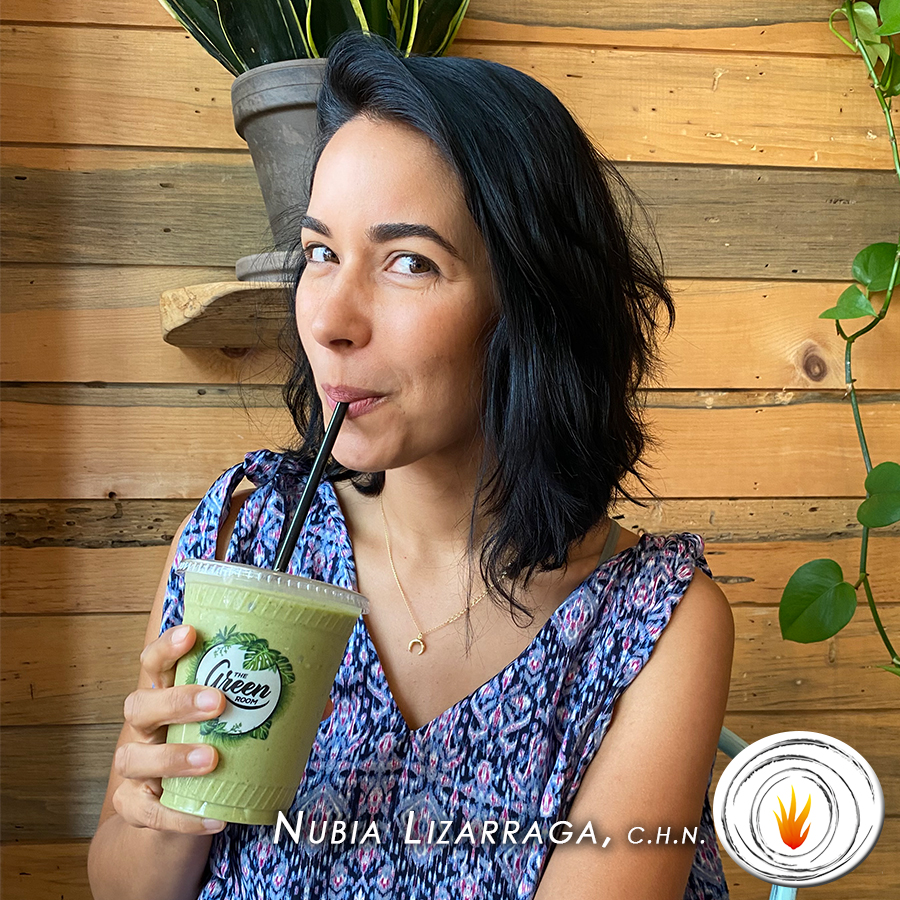
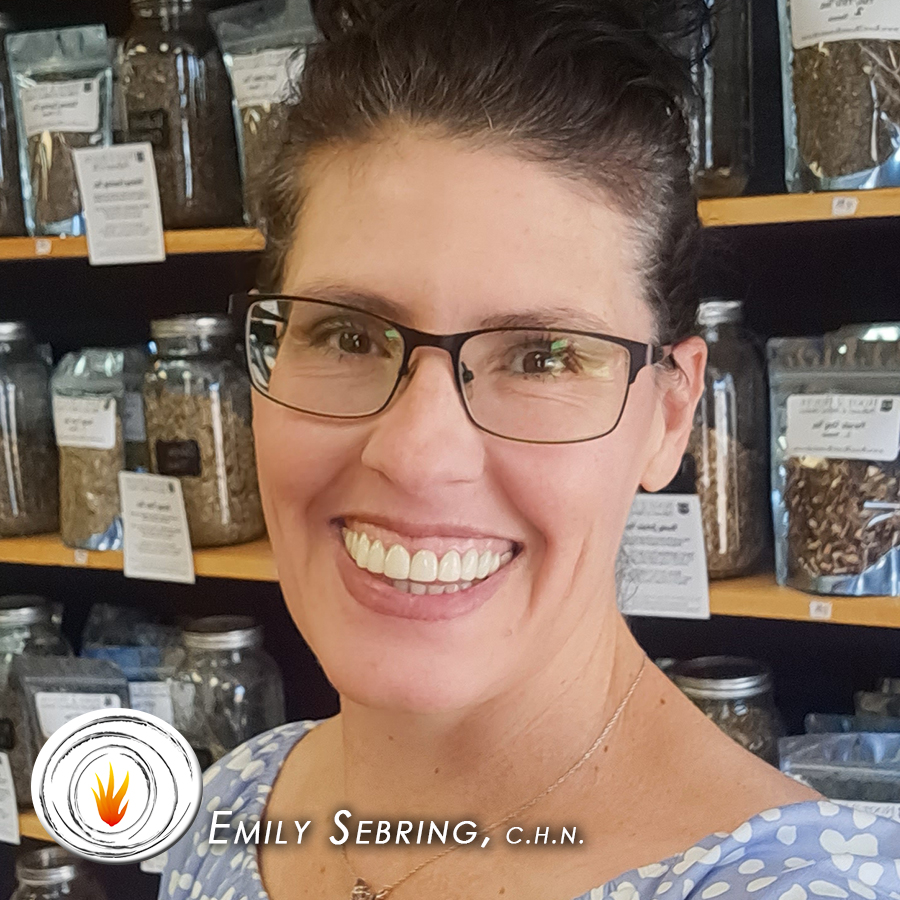


DISCLAIMER & COMPLIANCE
***Please Be Aware That At No Time Will EHI Offer Advice, Guidance, Or Direction With Respect To Whether Or Not An Individual Should Or Should Not Receive COVID Gene Modification Shots In Clinical Trial According To The National Institutes Of Health (NIH). We Encourage All People To Review Available Safety & Efficacy Data, Published By The CDC Through The Vaccine Adverse Events Reporting System (VAERS) And The CDC’s COVID Data Tracker, With Their Trusted Healthcare Team And Make The Decision That Is Right For Them. We Support Every Individual’s Rights As Patients To Agree To Or Decline Any Medical Procedure As Stated In The American Medical Association’s Code Of Medical Ethics 1.1.3(d).***
***In A Transparent Effort To Be In Full Compliance With The US Food and Drug Administration (FDA) and Federal Trade Commission (FTC) Regarding Prevention, Treatment, & Deceptive Practices (15 U.S. Code § 57b & Section 19 of the FTC Act), We Are Required To Notify You That The Information Presented In This Article Is A Collection Of Peer-Reviewed Empirical Evidence, But Has Not Yet Been Evaluated By The FDA For Safety & Efficacy. None Of The Information Provided Is Intended To Replace The Care And Supervision Of Qualified Licensed Medical Professionals Or The Legal Advice Of Licensed Attorneys.***
©2013-2023 Energetic Health Institute. All Rights Reserved. Born To Teach, To Heal & To Lead With Love. Let's Make Tomorrow AMAZING!
EHI Privacy & School Policies | Awesome Theme by: D5 Creation | Powered by: WordPress
